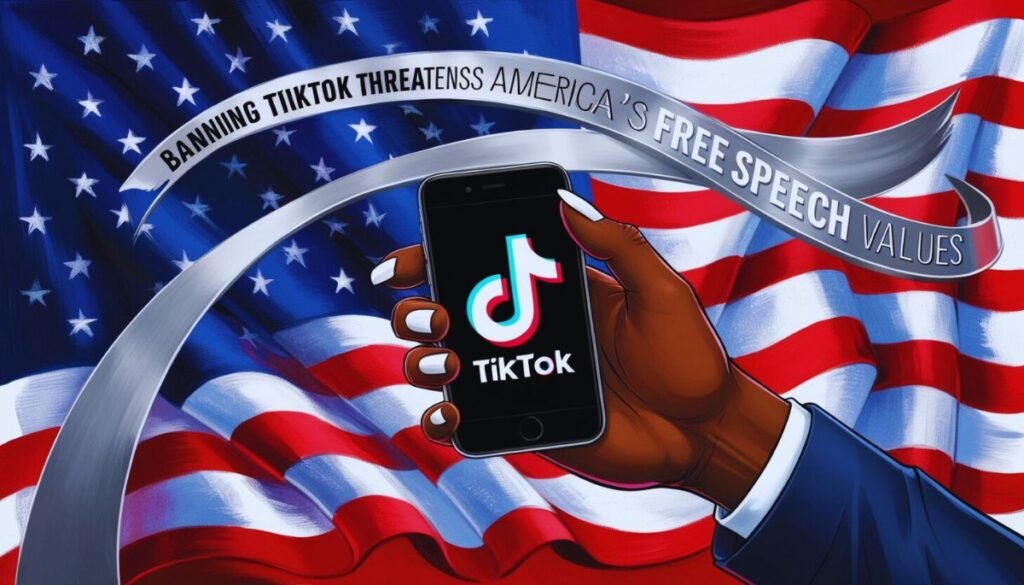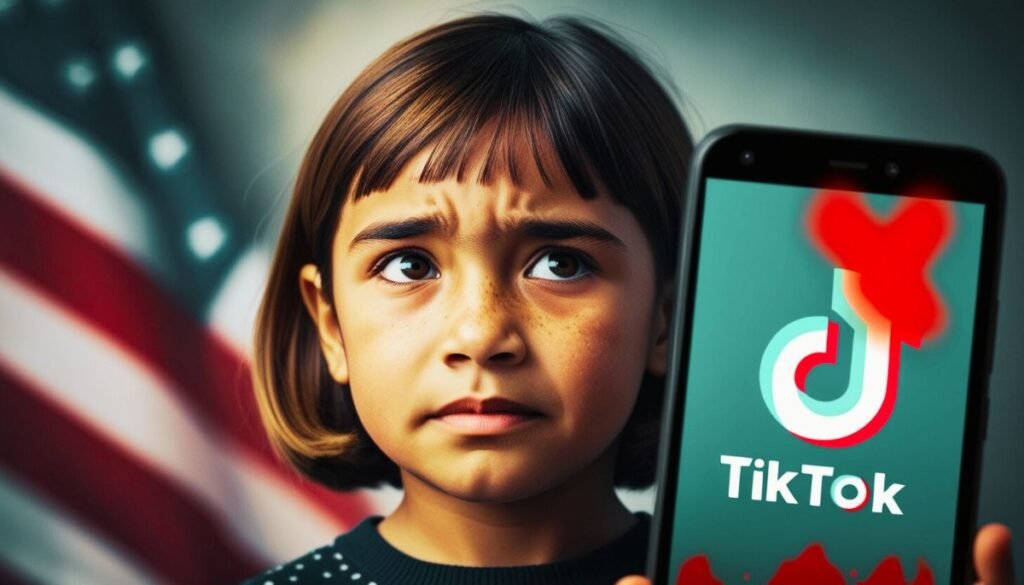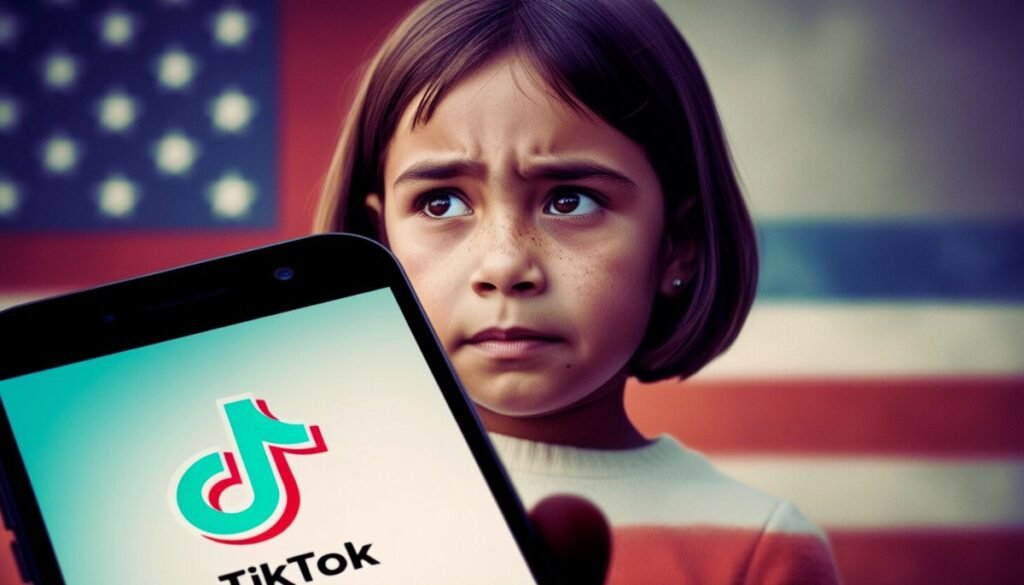Why banning TikTok Threatens: Among the most often used social media apps available worldwide is TikTok Every day millions of Americans access it. They link with others, see materials, and exchange videos. Some politicians, meanwhile, want to outlaw TikTok in the United States. They claim it poses a security risk as ByteDance, the parent firm of the app, has its headquarters in China. Although security issues are legitimate, outlawing TikTok would compromise American free expression. So details about Banning TikTok.

Banning TikTok: Free Speech is a Core American Value
American Constitution’s First Amendment guards free expression. It lets people communicate themselves free from political intervention. This right covers sharing of ideas, artwork, and knowledge. It also covers the outlets we use newspapers, TV, and social media apps, for communication.
Free expression now finds a significant forum on TikTok. People use it to share personal tales, discuss politics, and raise knowledge of societal concerns. For many, it’s a place to voice their truth. A banning TikTok would eradicate this forum. Millions of voices would be quietened by it.
The Risks of Censorship
Should the authorities forbid TikTok, it provides a risky model for others. It demonstrates how the government might restrict access to a platform should it not like or trust it. Future censing may so result from this. Should another foreign firm app gain popularity, what happens? Would the government likewise forbid that?

Censorship subverts the conception of a free society. People have rights to select the platforms they use in the United States. The government ought not to choose for them. Preserving free speech lets people make decisions based on their own will even if they carry some danger.
Addressing Security Concerns
Critics of TikTok fear ByteDance may provide user data to the Chinese government, therefore compromising their privacy. They also worry that TikTok could influence public sentiment or disseminate misleading material. Though these issues are grave, there are other approaches to address them than total app ban.
For banning TikTok Stronger data privacy rules are one answer. Not only may these rules apply to TikTok but other social media channels. They would make sure businesses treat user data sensibly. Another choice is to demand TikTok to save U.S. user data on American servers. This lowers the possibility of outside meddling.
Furthermore crucial is openness. TikTok could be obliged to show how it handles user data and filters material. This would foster confidence and help to solve many of the issues brought up by legislators. These actions would nevertheless guard national security and be less severe than a ban.
The Global Impact of a Ban
Also damaging America’s credibility may be banning TikTok. Long promoting internet freedom worldwide, the United States It attacks other nations, like China and Iran, for censiting apps and stifling internet expression. America loses its message if it forbids TikTok. Other nations could use this as justification for suppressing the online liberties of their own people.

Additionally hurting American businesses and innovators might be a prohibition. Many people use TikTok to advertise their works or make money. Small companies depend on the app to get clients. One would lose these chances with a ban. It would compromise people’s livelihoods and the state of the economy.
Learning from History
Similar problems have always beset the United States. Some people tried to forbid books, movies, and music they believed to support communist beliefs throughout the Cold War. Courts sometimes decided, meanwhile, that prohibiting certain items infringed free expression. This same idea holds for TikTok. Banning the app runs against American principles even if it generates questions.
Read Also: The New York Times
While technology develops, the need of free speech remains constant. The modern town plaza is social media. People get gathered here to exchange thoughts. Banning TikTok would deprive a necessary forum for communication.
